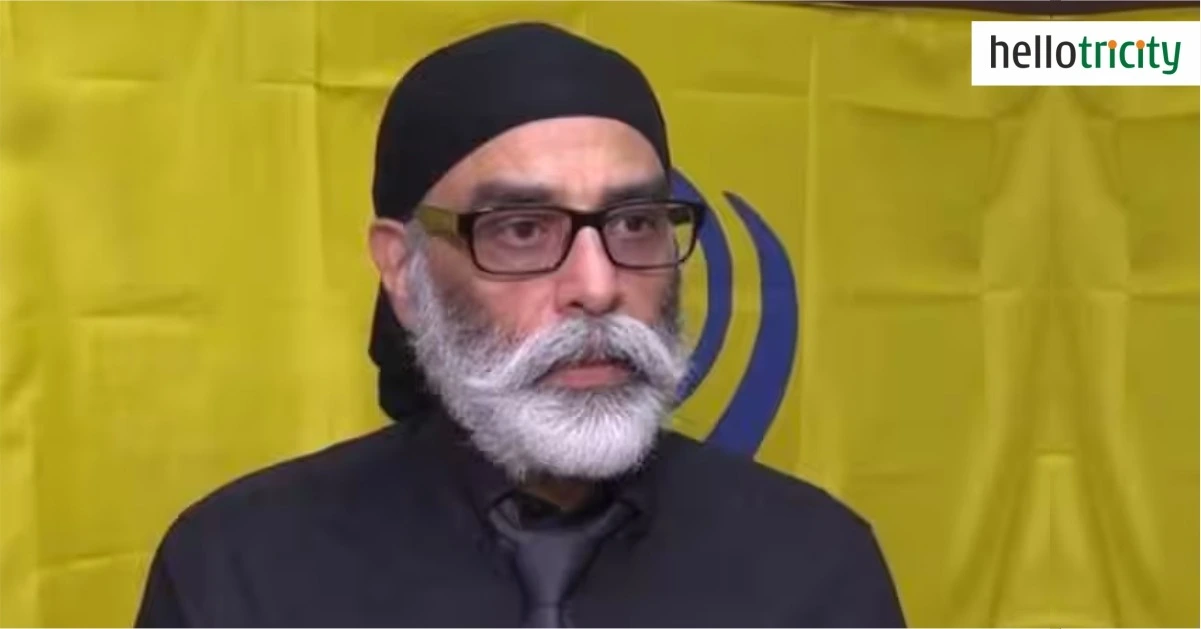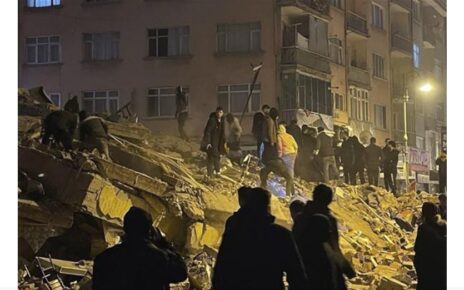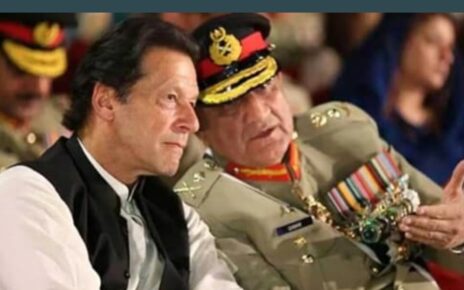In a crucial twist in the continuing story involving suspected conspiracies against pro-Khalistani leaders, Nikhil Gupta’s extradition to the United States has heightened diplomatic relations between the United States, Canada, and India. Gupta, a 52-year-old defendant charged by US federal authorities with planning to kill Gurpatwant Singh Pannun, a senior Sikh separatist leader, was extradited from the Czech Republic. This extradition comes after his arrest in June 2023 upon arriving from India, and following legal struggles in Czech courts.
Gupta’s current detention at the Metropolitan Detention Center in Brooklyn underscores the gravity of the accusations leveled against him. US authorities assert Gupta colluded with an Indian government official in a foiled plot to kill Pannun on American soil. The case has drawn attention to broader concerns over the alleged involvement of Indian state actors in targeting pro-Khalistani figures abroad, as previously highlighted by Canadian Prime Minister Justin Trudeau regarding the murder of Hardeep Singh Nijjar.
The extradition proceedings have strained diplomatic relations, with India vehemently denying any state involvement in these incidents. Indian officials have pledged to investigate the accusations thoroughly, maintaining that such activities contradict India’s official stance and policy. Despite diplomatic assurances, accusations from US and Canadian authorities have persisted, citing evidence implicating Indian officials in covert operations against Khalistani activists overseas.
Gurpatwant Singh Pannun, a dual citizen of the US and Canada, has dismissed Gupta as a “foot soldier” in these alleged plots, emphasizing the need for justice and accountability. Meanwhile, Washington continues to press for further investigations and measures to address security concerns surrounding Khalistani activists residing outside India.
The case underlines the complexities of transnational security and diplomatic relations, besides reflecting broader tensions over separatist movements and their international implications. During legal proceedings, stakeholders expect more developments with potential influence on India’s relationship with Western countries, especially in regard to counterterrorism cooperation and extradition protocols.
Amidst these developments, Nikhil Gupta’s extradition comes as a stark reminder that extremist movements pose a challenge and there is a great need for coordination of international responses in maintaining world safety and stability.




